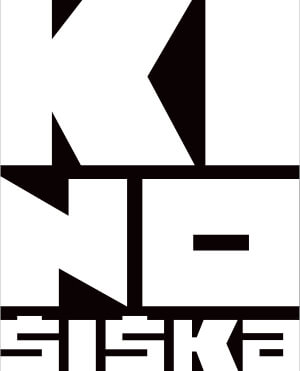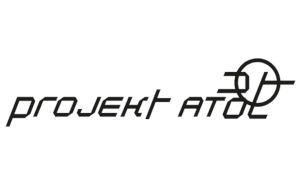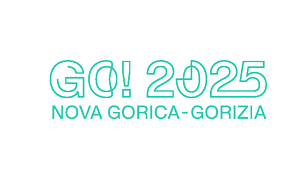Establishing a meaningful conversation between artists and scientists is not merely a matter of translation—it is an act of co-creation, and the most productive collaborations do not rely on adopting the language of science. This presentation explores strategies artists can use to initiate and sustain dialogues with scientists without compromising their artistic identity. Through case studies drawn from laboratory residencies and long-term projects in bioart, I share tactics for artists to engage scientists as equals—foregrounding curiosity, mutual vulnerability, and epistemic friction. Furthermore, this is not a lesson in diplomacy—it is a call for radical co-presence.
Marta de Menezes is a Portuguese artist with a degree in Fine Arts by the University in Lisbon, a MSt in History of Art and Visual Culture by the University of Oxford, and a PhD candidate at the University of Leiden. She has been exploring the intersection between Art and Biology, working in research laboratories demonstrating that new biological technologies can be used as new art medium. In 1999 de Menezes created her first biological artwork (Nature?) by modifying the wing patterns of live butterflies. Since then, she has used diverse biological techniques including functional MRI of the brain to create portraits where the mind can be visualised (Functional Portraits, 2002); fluorescent DNA probes to create micro-sculptures in human cell nuclei (nucleArt, 2002); sculptures made of proteins (Proteic Portrait, 2002-2007), DNA (Innercloud, 2003; The Family, 2004) or incorporating live neurons (Tree of Knowledge, 2005) or bacteria (Decon, 2007). Her work has been presented internationally in exhibitions, articles and lectures. She is currently the artistic director of Ectopia, an experimental art laboratory in Lisbon, and Director of Cultivamos Cultura in the South of Portugal.
Efrat Gold is a SSHRC postdoctoral fellow and visiting assistant professor at SUNY Buffalo’s Center for Disability Studies, engaging in mad and disability studies. Working with records and artefacts, she explores various appearances and disappearances of mad and psychiatrized people. Critiquing psychiatric hegemony and calling attention to the naturalization of medicalized orientations to human suffering, Gold unearths a multitude of present-absences of those cast off as mad. Tracing the boundaries of normalcy, she explores practices of meaning-making that reproduce sanist and ableist cultural attitudes. Foregrounding the often-overlooked active role of mad and disabled people in pushing back against their marginalization and creating life-affirming possibilities for survival, Gold is motivated by radical politics that recognize the entwined landscape of oppression within efforts to build different futures.
Cosima Herter is a historian of biology and a writer who served as a science consultant for the Emmy Award-winning series "Orphan Black." She collaborates with artists to explore the intersection of biology and storytelling through various projects.
Kathy High is an interdisciplinary artist / educator who collaborates with scientists and activists, and considers living systems, animal sentience, and ethical dilemmas of biotechnology and medical industries. She is Professor of Video and New Media in the Arts department at Rensselaer Polytechnic Institute, Troy, NY, and is director of BioArt and Technology Laboratory, Center for Biotechnology and Interdisciplinary Studies. She is a supporter of community DIY science and ecological art practices and Project Coordinator for the NATURE Lab Urban Environmental Education Center with The Sanctuary for Independent Media where she is a board member and co-founder. She is committed to queer and feminist approaches to reshaping ecological bio-science research and learning-by-doing, and to collaborative action. Among many honors, she is recipient of awards from National Endowment for the Arts, Guggenheim Foundation and Rockefeller Foundation. Her artworks have been shown at documenta 13 (Germany), Guggenheim Museum, Museum of Modern Art, (NYC), UCLA (Los Angeles), Science Gallery (Dublin), NGBK (Berlin), Festival Transitio_MX (Mexico), MASS MoCA (North Adams), Para-site Gallery (Hong Kong), Esther Klein Gallery, (Philadelphia), Medical Museum (Copenhagen). She has had residencies with SymbioticA, University of Western Australia, Finnish Society of Bioart, Coalesce, University of Buffalo, Djerassi Scientific Delirium Madness. www.kathyhigh.com
Back








